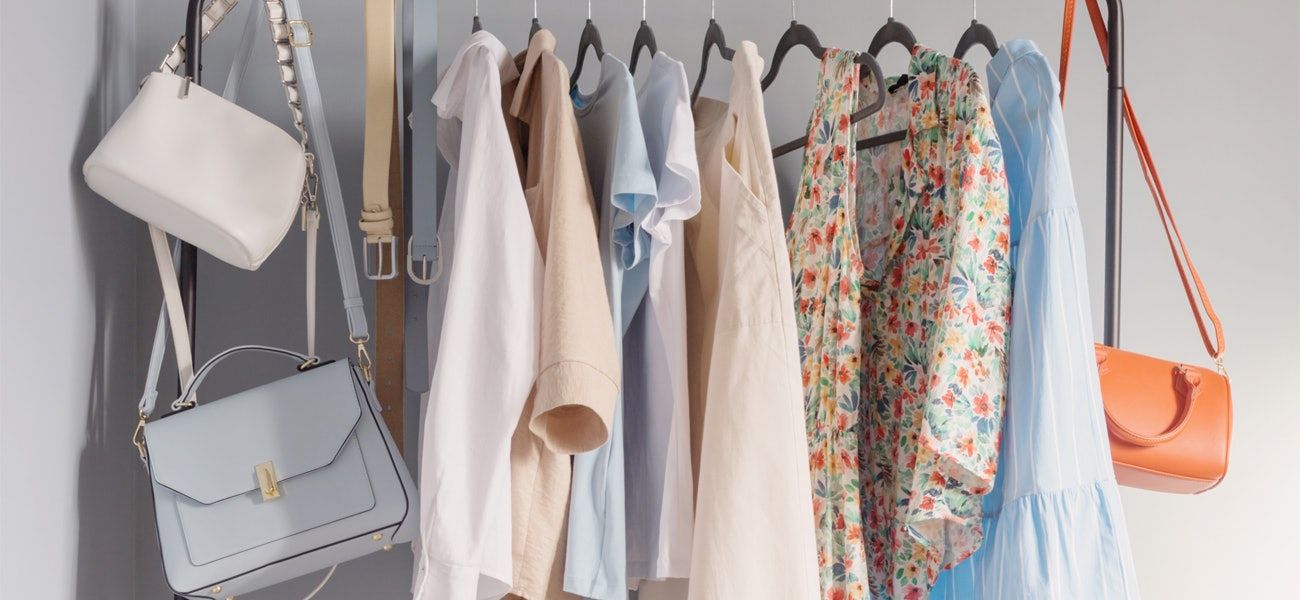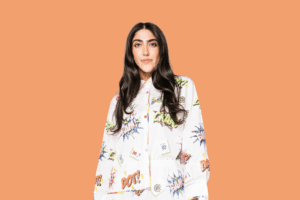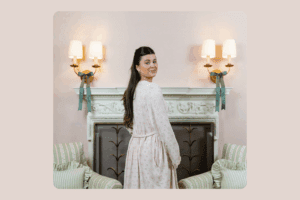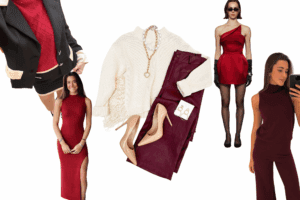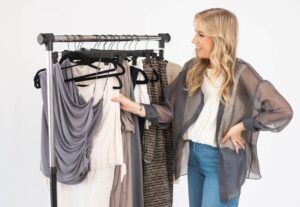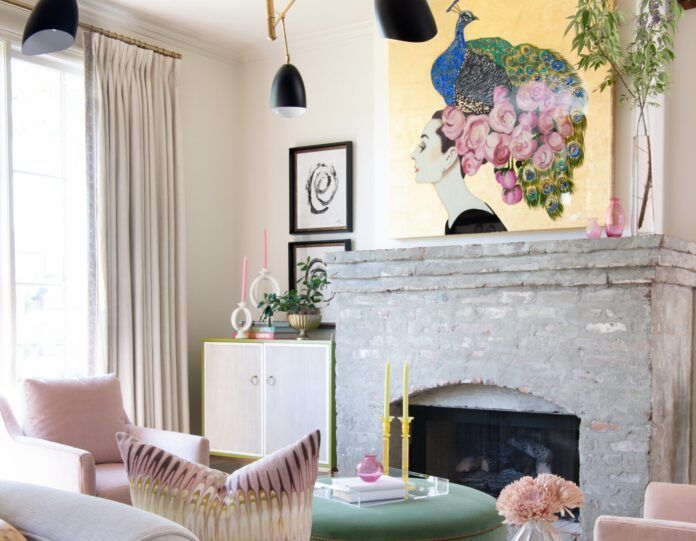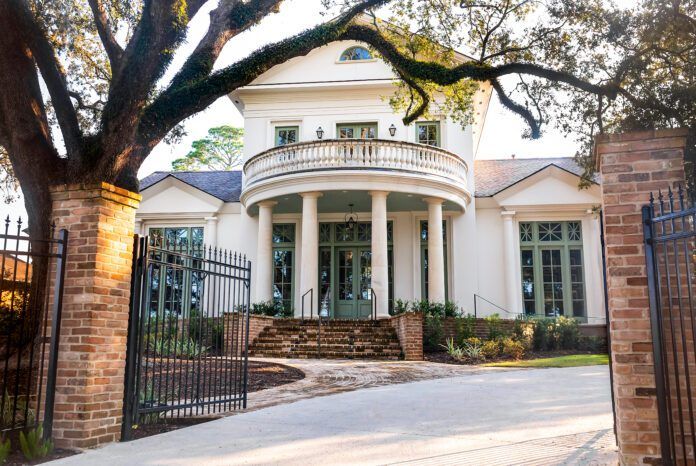The pandemic may have forever changed how we dress, and local boutiques are watching
Last year, NK Boutique basically turned into a loungewear store. Across town, Rodéo Boutique’s shelves were also stocked with more comfy leisure wear.
NK, typically known for its racks of upscale, fashion-forward clothing from designers like Cinq à Sept and Milly, had stocked up on event dresses going into spring 2020. But suddenly, customers weren’t doing much—and when they were, they wanted styles way more casual than what NK usually carries, says NK’s Mary Virginia Guice.
For Rodéo, which is located near LSU and tries to keep its pulse on trends, stocking what was in style meant shifting to jogging pants and sweatshirts, says owner Shanna Boudreaux.
The COVID-19 pandemic was a learning curve for many retailers as they had to pivot to entirely different inventory. But as life continues its slow return to some sort of normalcy in 2022, what have retailers learned about adapting to trends?
For one thing, businesses now know how to pivot quicker and are being more conservative with inventory. Sales were lost in the move to loungewear, says Hemline owner Muffy Leblanc, and now, she’s playing it safer when it comes to her budget.
Wanderlust by Abby had just gotten a shipment of LSU baseball gear at the beginning of the pandemic, recalls owner Abby Bullock, and she ended up having to sell it for significantly cheaper. Her St. Patrick’s Day items also would have usually flown off the shelves, but she was left with a lot of that merchandise after the parade was canceled in both 2020 and 2021.
So shop owners began thinking less about seasonal events and more about TikTok. Boudreaux noticed the video app driving trends for items like crop tops.
While Bullock used to find inspiration in street trends and people watching around town, she also says she spent more time thinking about items that people could wear at home.
For 2022, event-centered clothing is back, the boutique owners say. Venues have largely reopened their doors, weddings are rescheduled, and high school and college customers are able to have homecomings, proms and semi-formals again.
“In 2020, they all wanted leisure wear,” Boudreaux says, “and in 2021, they (wanted) the opposite.”
Customers are now buying what they didn’t get to wear all these months, she says. People are excited to dress up.
To keep reading, check out the full story from 225.




